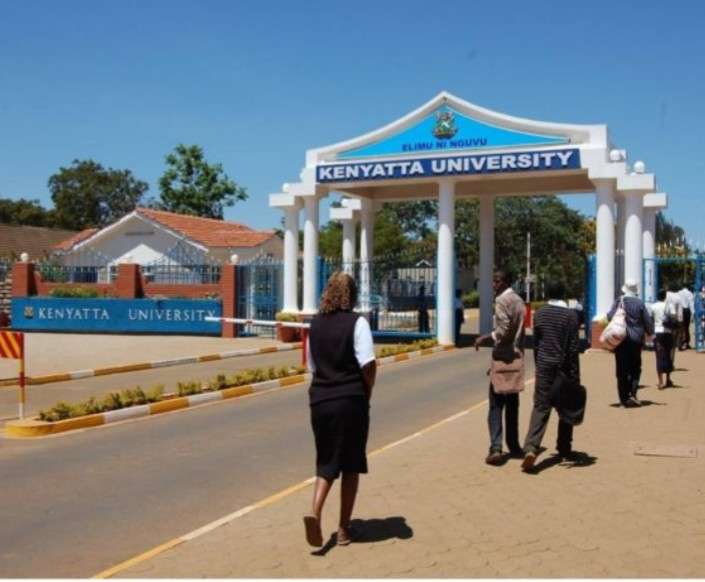ACCOUNTING JOBS IN CAMEROON
Chattered Certified Accounting
Accountancy is a reputable, rewarding, and demanding career that takes you to any place (Country, Industry or Company) across the globe
To become a public accountant in Cameroon, you must be a member of ONNECA. ONNECA is an accountant body in Cameroon that trains Chattered or Public Accountants.
In additional to supporting the implementation of CEMAC’s established initial professional developments, the institute’s functions are to:
Rule on membership applications and maintain a register of professional accountants;
Set and monitor compliance with continuous professional development requirements
Ensure compliance with the requirements of global and regional standards
Establish and implement control quality control standards and a quality assurance review system
Establish an investigation and discipline system for its members
Set ethical requirements
Salary
A chattered Accountant in Cameroon earns around 432,000 XAF per month. Salaries range from207,000 XAF(lowest) to 678,000 XAF(highest)
This is the average monthly salary including housing, transport and other benefits. Chattered Accountants salaries vary drastically based on experience, skills, gender, or location
Certified Professional Accountants are well-respected strategic business advisorsand decision-makers. They act as;
Consultants on many issues, including taxes and accounting
A CPA or Certified Public Accountant, is a trusted financial advisor who helps;
Individuals
Business
And other organizations plans and reach their financial goals
Accountant
Accountants can work in a wide range of job roles, in either financial accounting, management accounting, auditing, or tax functions
An accountancy profession offers a wealth of incredible opportunities and career paths.
When you are a qualified accountant or finance professional, the sky will be your limit because you work and progress fast to senior positions in global blue-chip companies, public institutions, and renowned non-profit organizations NGOs) as well as been self-reliant by creating and managing your own company
Accountant job profile
What does an accountant do?
As an accountant, you will be responsible for preparing accounts, budgeting and managing financial information.
You could also be advising and helping clients, whether that individual or international campaign, on financial situations
Accountant’s core responsibilities are typically to prepare and examine financial records, assuring information is up to date and accurate.
However, you could specialize in particular areas such as forensic accounting or taxation or focus on more specific areas of a company’s financial department
Duties of an accountant
Typical accountant’s duties and responsibilities include:
- Preparing accounts and tax returns
- Monitoring spending and budgets
- Auditing and analyzing financial performance
- Financial forecasting and risk analysis
- Advising on how to reduce costs and increase profits
- Compiling and presenting financial and budget reports
- Ensure that financial statements and records comply with laws and regulations
- Keeping account books and systems up to date
- Accountant working environments and hours
- Accountants generally work in an office environment between 9 and 5.
- This can vary depending on your job role and who you work for.
- However, accountants typically work longer hours during busy times of the year, such as the end of the tax month and end of the financial year.
Key skills to become an accountant
Beyond qualifications and training, an accountant job description is likely to include some or all of the following skills:
Enhanced numerical and quantitative skills
These are key as you will be dealing with all aspects of finance such as budgets and forecasting
Advanced analytical and problem-solving skills
You need strong analytical skills and excellent attention to detail as you will be analyzing financial performance and handling important documents. You will also be dealing with complex data sets.
Time management and organization
Working in accountancy means you will be dealing with strict deadlines and you will need to have a system to keep track of your responsibilities and priorities.
Communication
Not only will you have to communicate with different teams, you will also frequently have to communicate with clients. You will need to be able to communicate complex information in a clear and understandable way.
Salary
An accountant’s salary depends on their experience and if they follow any specialisms.
Graduates entering an accountancy career can expect to earn up to £25,000 during their training. Once you pass your training, you can move up a structured development and promotion ladder and move into roles such as a management accountant, earning £25,000 on entry, but with the potential to move up to £100,000 a year with strong experience.
Typically, chartered accountants with two to four years experience can expect to pull in a salary of over £50,000. With further experience and qualifications, you could earn up to £100,000 a year working as a public or private finance accountant.
Accountant working environment and hours
Accountants generally work in an office environment between 9 and 5. This can vary depending on your job role and who you work for.
However, accountants typically work longer hours during busy times of the year, such as the end of the tax month and end of the financial year.
If you work for a large firm, you will often be based in their offices and work closely with the finance, management and operations teams.
Sometimes, local and international travel could be required to visit clients if you work at an accounting firm or run your own practice.
If you are self-employed, or have flexibility with your employer, you could have the opportunity to work from home.
Accounting career path
You could move into a management position within two years, soon followed by a senior manager role. With further experience, you can advance to a finance director position or even progress to partnership.
There are also a number of specialism’s you could follow with the right skills and qualifications. You could pursue different areas of accountancy such as:
Corporate or commercial finance
Financial accounting
Forensic accounting
Management accounting
Tax accounting
Internal audit
International accounting
QUALIFICATIONS AND TRAINING TO BECOME AN ACCOUNTANT
There are three main steps to becoming an accountant:
A Levels or equivalent – you should look at studying A Level Economics, Further Mathematics and Mathematics. Alternatively, study a Business Foundation.
Study an undergraduate degree – a degree in accounting or accounting and finance will be more desirable
Boost your career with qualifications such as:
Chartered Accountant (ACA)
Chartered Certified Accountant (ACCA)
Chartered Management Accountant (CIMA)
Project Manager
Accountant Secretary
Cashier
Accounting software developer
Chief financial officer
Business system analyst
Regional business manager- west Africa
Consultant, ASAP Financial Management and Compliance Advisor – Cameroon



